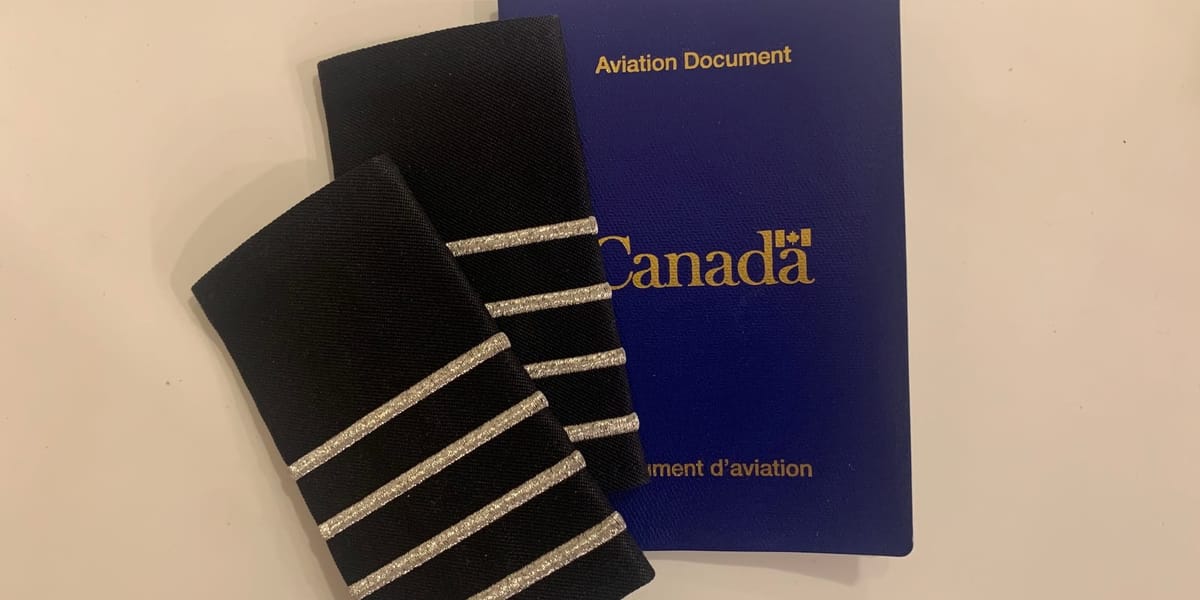Mental Health for Pilots: The "Fit-to-Fly" Concept Used by Transport Canada and Other National Regulators Need to Evolve
Former airline pilot and counsellor Chris Graham examines how Transport Canada's fit-to-fly mental health regulations create barriers that discourage pilots from seeking help for depression and anxiety.

I spent over 20 years working professionally as a pilot in Canada. I took some satisfaction in those regular medical exams that proved I had good blood pressure, no indications of diabetes and a clean ECG. What that regular visit did not do a good job of was understand my mental health unless I chose to disclose something to my CAME (Civil Aviation Medical Examiner).
Until we passed into the 21st century, any indication of depression, anxiety or indication of psychological dysfunction of any kind would result in an immediate suspension of a pilot's medical certificate until they could verify that the conditions did not exist any more. Any type of psychopharmeutical assistance was not allowed.
Canada showed leadership early in the new century allowing pilots on a case by case approach to use certain SSRI medications once stable and with continued monitoring. In 2010 this approach was broadened and included a number of SSRI medications.
Depending on the condition, whether medical or psychological, a pilot has to provide documentation from an MD, perhaps a psychiatrist or another specialist, verifying that the pilot is stable on their medication at the current dose. It can take months to get to the point of being considered stable (4-6 months for an SSRI without a change of medication or dosage). Then once this documentation is submitted to TC, you are at their mercy for processing. Meanwhile, the pilot can't fly and can't make a paycheque.
Many pilots remain unaware that they can even receive treatment for depression or anxiety and fly. Others, afraid that they won't be able to fly and earn for an undetermined period of time, choose not to seek help.
The very system that is meant to promote safety ends up creating a potential safety issue as some pilots will choose to suffer in silence. Others may attempt self-medication.
Unfortunately, the nature of this type of work, especially for airline pilots, is isolating and disruptive to normal routines which may provide resilience against anxiety or depression. Having circles of friends to confide in, hobbies or exercise routines, becomes difficult with changing schedules unless an individual pilot is very committed to finding a way to do this in their constantly changing schedule.
I think TC needs find ways to support the pilot community more by speeding up processing times of medical reviews, and doing a better job of educating the pilots they regulate in ways to maintain their physical and psychological health while working in this profession. This is a preventative and proactive approach to safety.
For more discussion on this and similar topics, check out the CofG Blog at https://cofgcounselling.com/cofg-blog.
About the Author
Chris Graham
Chris is a professional counsellor registered with the Canadian Professional Counsellors Association (CPCA) with the designation of Master Practitioner in Clinical Counselling-Provisional (MPCC-Provisional). Prior to becoming a counsellor, Chris worked for over 20 years as a professional pilot, holding an Airline Transport Pilot License (ATPL), and a Class 2 Instructor Rating.





